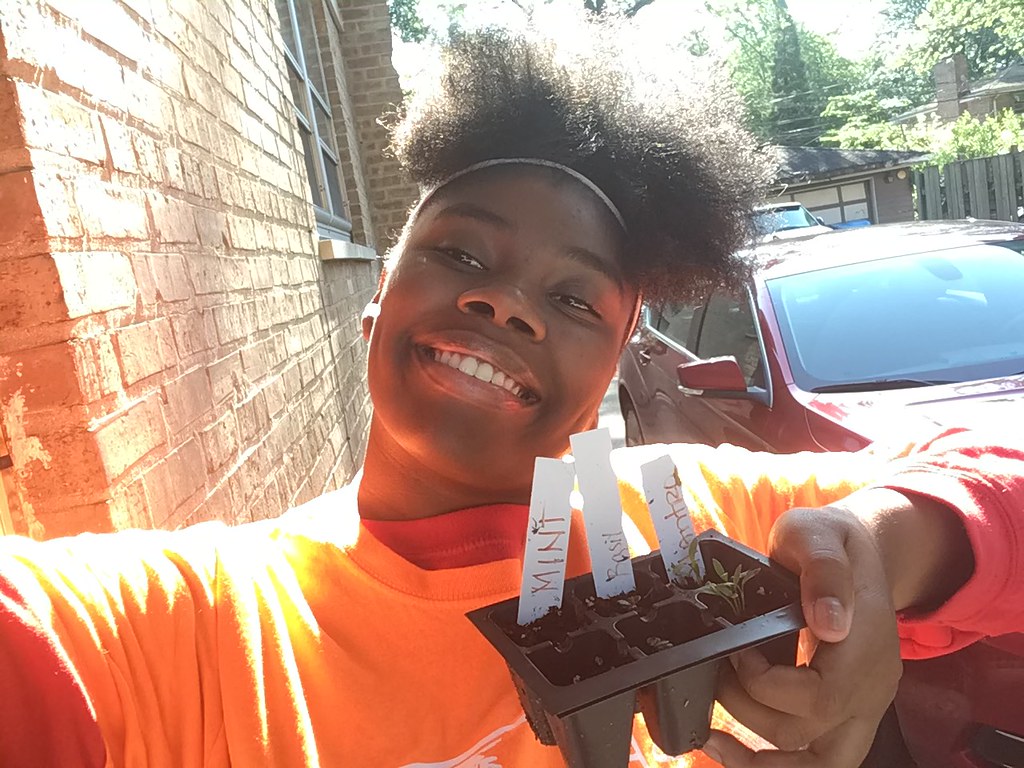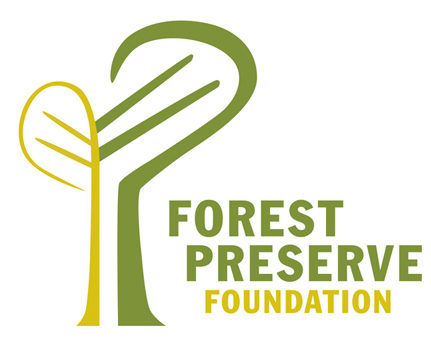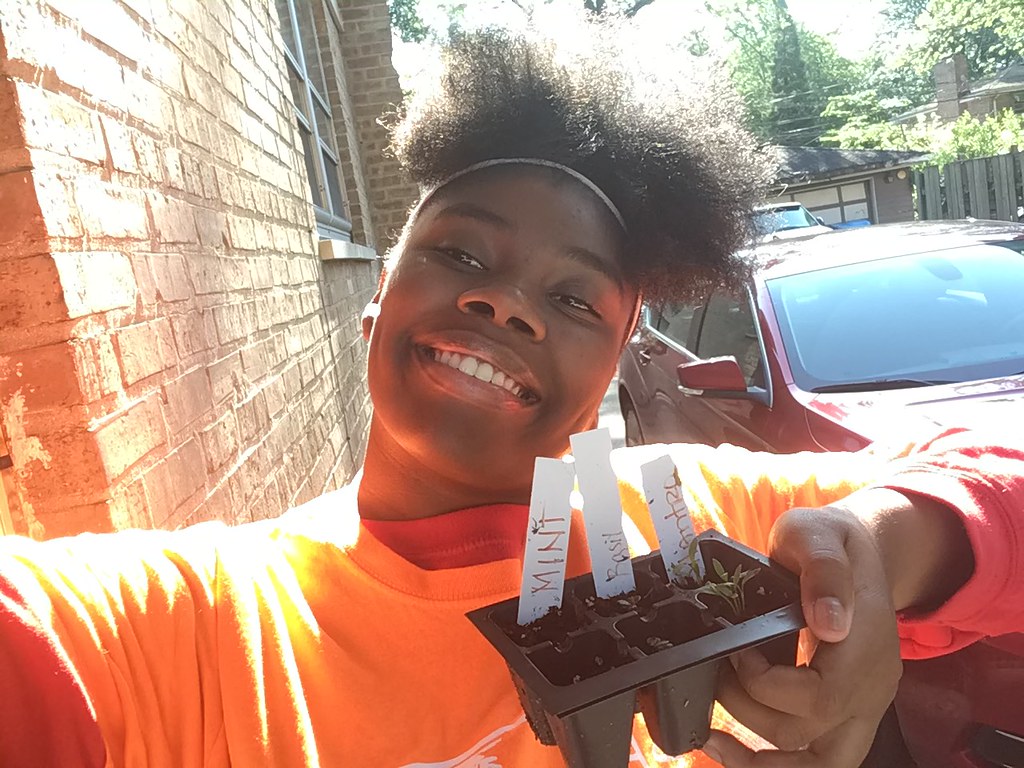By Andrew Kiefaber, 2020 summer intern
This has been an atypical summer, with a global pandemic looming over it. For the Forest Preserve Experience program, that created a challenge. How could crews, which typically work outside in the preserves, still get the most from their experiences?
While the pandemic forced many summer programs to shut down, the Forest Preserve Experience tried another approach. It focused on conservation work close to home.
In past summers, Forest Preserve Experience crews worked in six preserves across Cook County. This summer’s format change allowed a reimagining of what it means to be a conservationist. Crews instead got to see the value of doing conservation work in their own communities. The renewed focus at the neighborhood level actually level aligns well with the broader environmentalist movement’s efforts to address environmental disparities between different communities.
The Forest Preserve Experience program is an important internship for the young people who participate. For 61% of the 2020 crew, the internship is their first paid job. Crew members come from the Cook County Housing Authority and many live in multi-generational households and rely on public transportation to get to the Forest Preserves. Given the increased risk of COVID-19 transmission while getting to work these days, the program switched to virtual this summer. Crews met the transition to a remote work setting with creativity and determination.
Forest Preserve Experience interns provide a valuable service. Typically, they remove invasive species and litter, clean and maintain trails and natural areas while learning about ecological restoration. This year’s program included 96 crew members and 21 crew leaders.

A day in the Virtual Forest Preserve Experience
Crew members started their virtual days by signing on to Zoom at 8 a.m., then spent a bit of time “building community,” by chatting and playing ice-breaker games. Building community is essential to the program’s success because remote work can be isolating and youth still need time to socialize. To make interactions more manageable, they worked in groups of 9 to 12.
Next, crew leaders presented on topics such as flower and tree identification, common birds in Chicago, how the waste disposal system works and how to grow herb gardens. Presentations ended with an assignment that crew members complete in the field.
These activities varied from nature walks and journaling to more hands-on activities such as creating a tree leaf identification board or a seed bomb.
Tkai Boyd, a 17 year old from South Holland, said his favorite activities were planting an herb garden and learning to plant trees. This is his third year with the program, and though he usually looks forward to working at Wampum Lake near Thornton, Ill., he enjoyed many aspects of remote work. Tkai liked having more control over his own activities and the variety of subjects his crew learned. “It’s not just invasive species removal,” he said.
Job Training
Tkai is right. The new generation of conservationists needs to know more than how to identify and remove invasive species. Job training is an overarching goal of the Forest Preserve Experience’s mission. During the day’s second Zoom presentation, crew leaders explored more topics and interacted with community partners that they were not able to work with in-person before.
The Forest Preserve Experience teamed up with the Youth Job Center in Evanston to teach crew members how to write strong resumes and pitch themselves in an interview. Crew members worked on conflict resolution with North Light Theater and took financial literacy classes with First Northern Credit Union. These skills-development opportunities help program participants get a realistic perspective of the work world.
For his part, Tkai Boyd decided he wants to study and work in the conservation field. He loves the hands-on work and the difference he can make to improve the environment. He intends to apply to Southern Illinois University in Carbondale next year.
Environmentalism in your community
The Forest Preserve Experience teaches interns to value the Cook County Forest Preserves but working from home allowed crew leaders to teach the importance of environmental work in local communities.
Because of the long history of housing segregation in Cook County, Black and Latino populations are more likely to be exposed to higher levels of industrial chemicals, air pollution and poisonous heavy metals in their neighborhoods. Forest Preserve Experience interns are 96% Black, and many reside in South Holland, Calumet City, Dolton and Robbins, which face some of the highest flooding and air contamination levels in the county. Given the increased environmental risks that crew members face in their home communities, learning about environmental activism at the neighborhood level is especially important.
Outcomes
Despite the mostly virtual nature of this year’s program, crew members still had a chance to plant trees and native plants, which help improve soil quality, attract native species and pollinators, clean the air and provide shade on hot summer days. They shared their conservation work with friends and family and inspired those around them to take interest in the local environment. The Forest Preserve Experience is already inspiring the next generation of conservation leaders in Cook County.
Program planners hope Forest Preserve Experience will return to working in the Preserves next summer. Interns want to work with their friends and enjoy the community that forms while working and improving the Forest Preserves as a team. The hard work and knowledge they gained from working remotely will help the Forest Preserve Experience program to expand and reimagine what it means to be a conservationist for future participants. This year’s interns proved that the next generation of conservationists are ready to take on a challenge.

